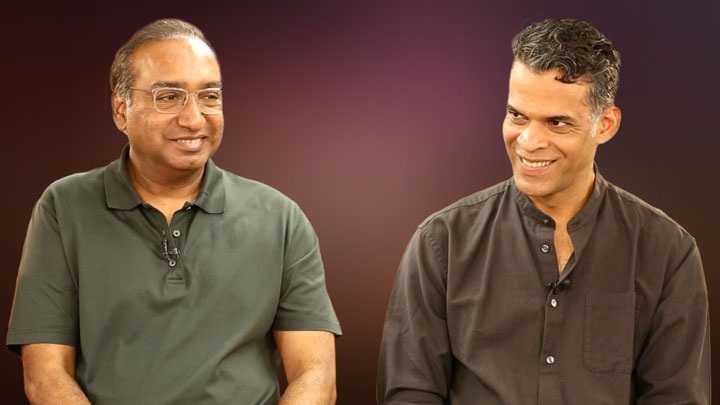Hello and welcome to Modern CEO! I’m Stephanie Mehta, CEO and chief content officer of Mansueto Ventures. Each week this newsletter explores inclusive approaches to leadership drawn from conversations with executives and entrepreneurs, and from the pages of Inc. and Fast Company. If you received this newsletter from a friend, you can sign up to get it yourself every Monday morning.
Last year wasn’t a great one for CEOs. In 2023, 1,914 chief executive officers left their posts, according to Challenger, Gray & Christmas. That’s the highest turnover rate reported by the global outplacement and coaching firm since it began tracking CEO exits in 2002. And 19 of those CEOs died on the job, according to the report, a sobering statistic that got me thinking about CEO burnout and how leaders can achieve wellness or, at least, work-life balance at a time when the top job is getting harder.
Becoming a better “corporate athlete”
Nikhil Deogun, who advises companies and CEOs on critical issues in his role as CEO of the Americas for Brunswick Group, says discipline is key to avoiding burnout. Deogun recalls the advice one prominent CEO shared with him a few years ago: “To do this job sustainably, you’ve got to be a better ‘corporate athlete,’” this CEO told Deogun. “You have to be disciplined and diligent about what you do and who you’re meeting.”
Many successful CEOs establish routines or habits that allow them to disconnect from work. Starbucks CEO Laxman Narasimhan meditates for 20 minutes in the morning and 10 minutes before bed. Beautycounter founder and CEO Gregg Renfrew tells me she finds balance by prioritizing family. “I always answer the phone when my kids call so they know their importance in my life,” she says, adding: “Every single night, I take a bath to have some alone time—a final powering-down moment where I can think, breathe, and relax.”
Self-care is part of your job
Indeed, because the job of running a company has become more complex in recent years, CEOs need work-life balance more than ever. A stressed-out leader will struggle to effectively manage a workforce that’s still reeling from the effects of the pandemic. You’ll find it harder to make decisions in an economy that can feel fragile (even when it is not) and navigate the significant social and political challenges that increasingly are finding their way into the office.
“No” is a complete sentence
Many CEOs and founders are fueled by a mix of ambition and desires for external validation that can lead to unhealthy behaviors and fatigue. Jerry Colonna, the former venture capitalist, author, and CEO coach, urges his clients to engage in a process of “radical self-inquiry” where they figure out what’s preventing them from saying no to extraneous meetings and requests. In a poignant email message to me, Colonna talked a bit about how he practices what he preaches:
“As I’ve gotten older, grayer, and, arguably, wiser, I’ve come to understand that the things that drive me to live out of balance, de-prioritize my own life and well-being, are more often internal drivers that misread the world and make me think that I can only be worthy of love if, ironically, I deplete myself so much that I disappear (or, worse, end up wanting to disappear). The answer is simple (but hard): Say no. Say no to even the most fearful parts of ourselves that say, ‘my success depends on my killing myself.’ That’s a lie which, thankfully, I have outgrown.”
Share your self-care insights
Do you think work-life balance is achievable for CEOs and other top leaders? What tips and tactics do you have for clearing your mind or winding down? Send me a note at [email protected]. I’ll publish the best tips in a future newsletter.
Read more: CEO self-care
How some CEOs stay zen







